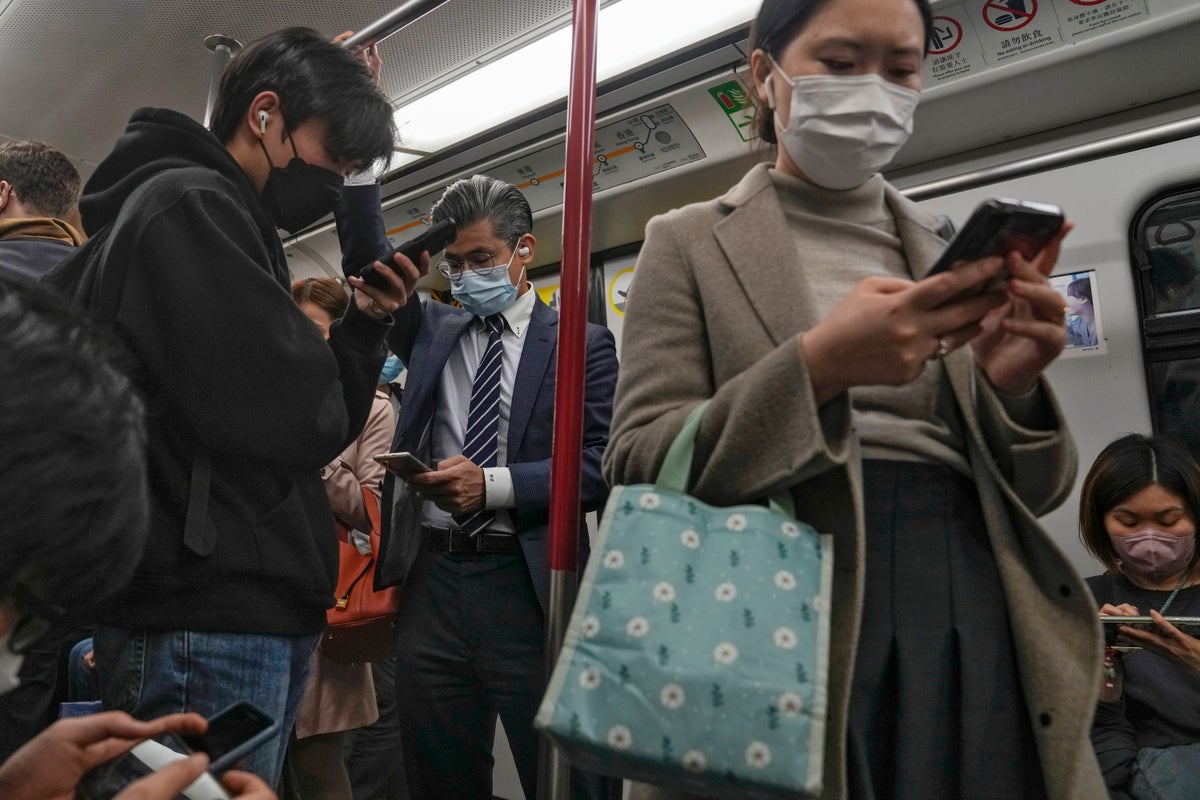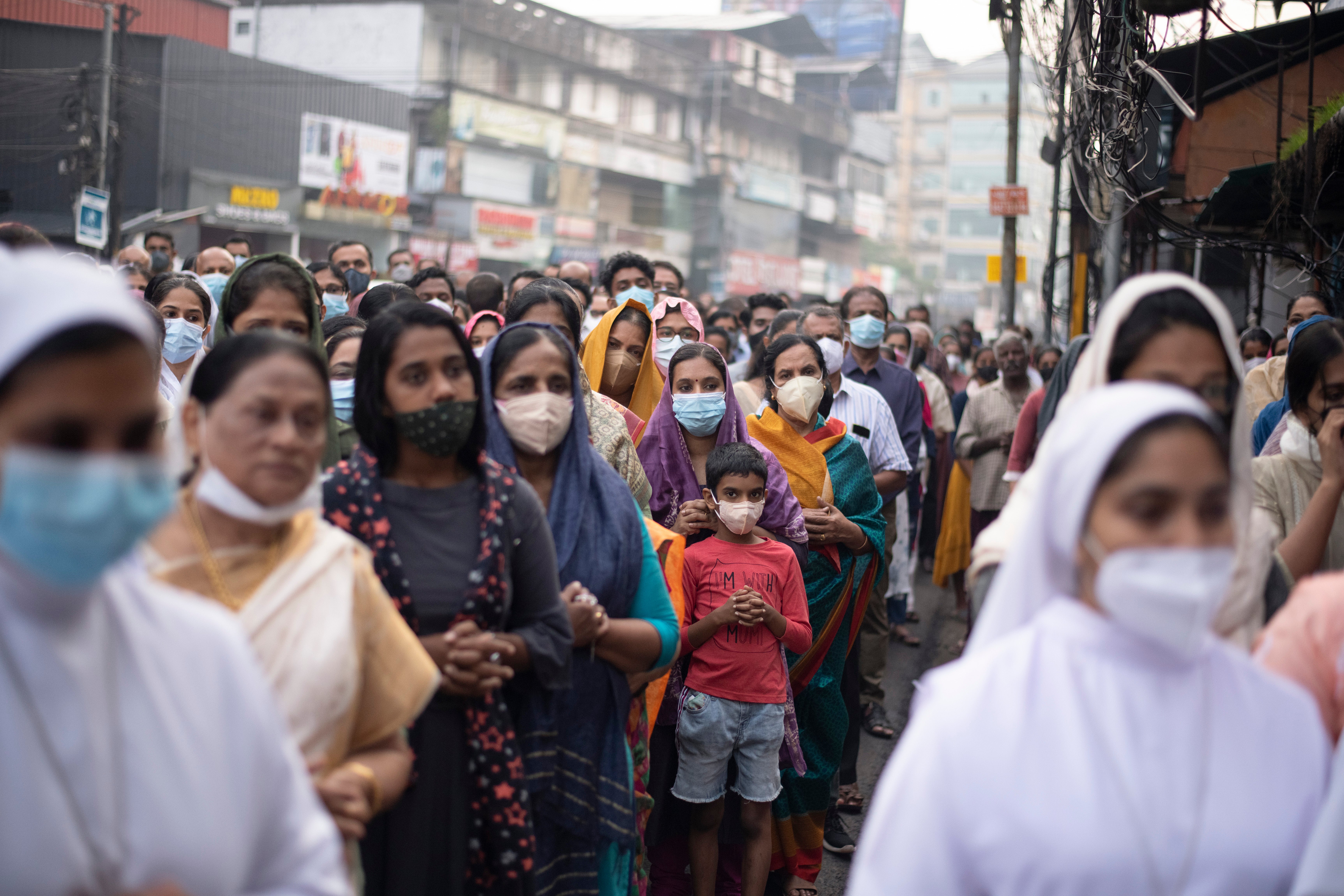
Face masks should be worn again on public transport, experts say, as the Arcturus Covid variant continues to spread.
Five people have died from the strain, according to the UK Health Security Agency, while 135 sequences have been detected in the UK so far, and there are believed to be around 104 cases as some people have been sequenced twice.
Professor Stephen Griffin, chair of Independent Sage, said that people should go back to testing regularly and wearing face masks to protect from the virus.
He told MailOnline: “This may seem like a throwback to last year, but the reality is the virus continues to do harm and those least able to cope continue to suffer.
“In the absence of population-scale mitigations... the focus remains upon individual risk which is, for many, now much lower.
“If [the] government won’t act to enable everyone to ‘live’ with Covid, vulnerable people will continue to require precautions and, ideally, others will act with an appropriate level of altruism.”
The new strain, known as XBB.1.16, was first identified in January and emerged from two previous potent strains of Omicron, BA.1 and BA.2.
Research indicates Arcturus could be 20 per cent more infectious than the last major sub-variant.

Arcturus has been monitored by the World Health Organisation (WHO) since 22 March, which upgraded it to a “variant of interest” in mid-April.
In the UK, the virus is currently most prevalent in London, the North West and South East, with the median age for cases being 74.54.
Dr Vipin Vashishtha, a paediatrician and former head of the Indian Academy of Pediatrics Committee on Immunisation, told The Hindustan Times that Arcturus’s symptoms include a high fever, a cough and “itchy” conjunctivitis or pinkeye.
Vaccine production was ramped up in India and compulsory face masks have been introduced in some states, with hospitals carrying out mock drills after the virus ripped through the country. It is also now on the rise in Australia.
In the US, Arcturus is now responsible for 9.6 per cent of American Covid cases, according to the Centers for Disease Control and Prevention and the WHO.
Professor Lawrence Young, a virologist from the University of Warwick told The Independent that the rise of the new variant in India is a sign that “we’re not yet out of the woods”.
“We have to keep an eye on it,” he said. “When a new variant arises you have to find out if it’s more infectious, more disease-causing, is it more pathogenic? And what’s going to happen in terms of immune protection.
“These kinds of things highlight the importance of genomic surveillance but a lot of countries including our own have let our guards down a bit and we can’t be sure what variants are around and what level of infection they’re causing until we see a significant outbreak.”







